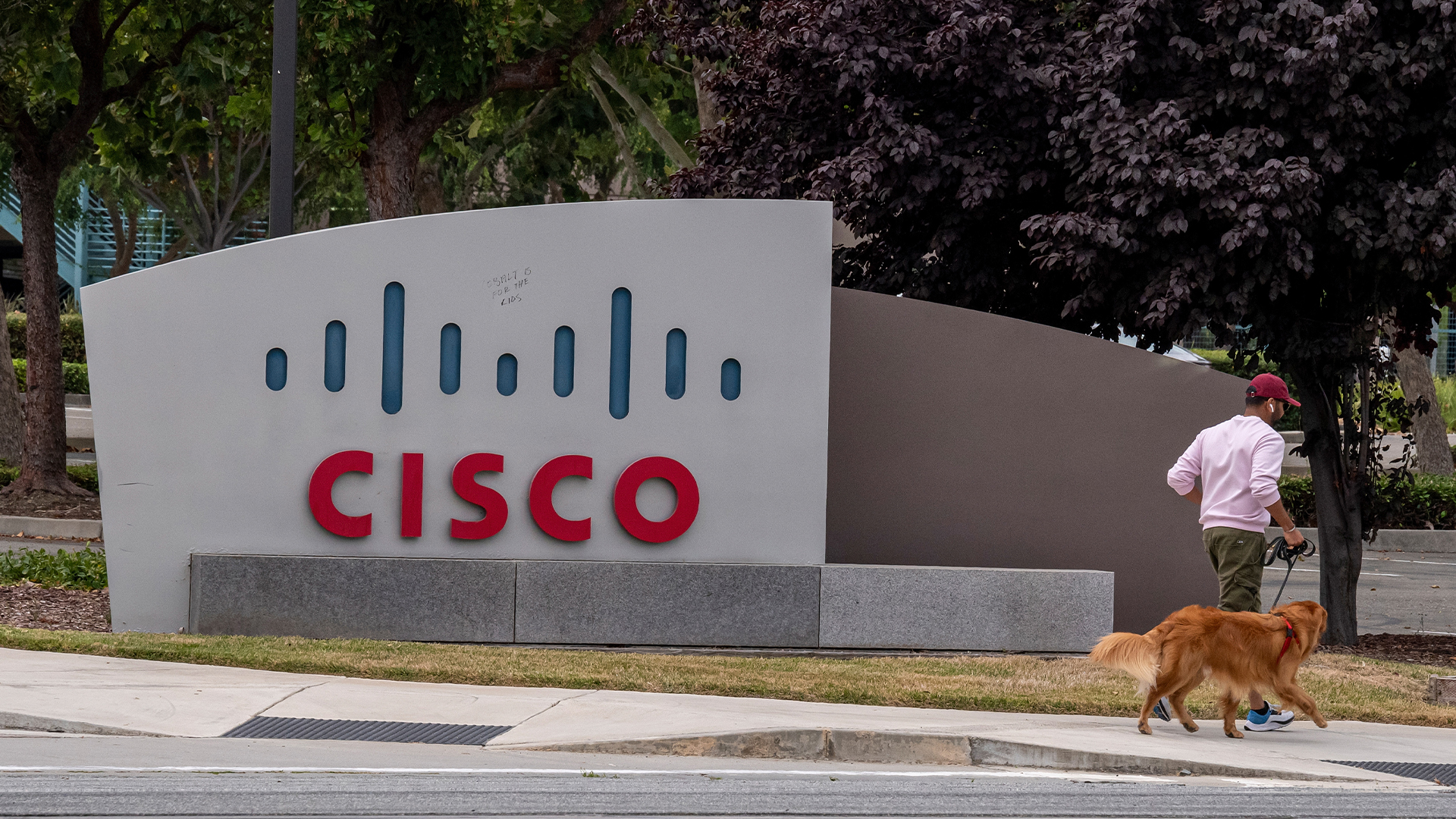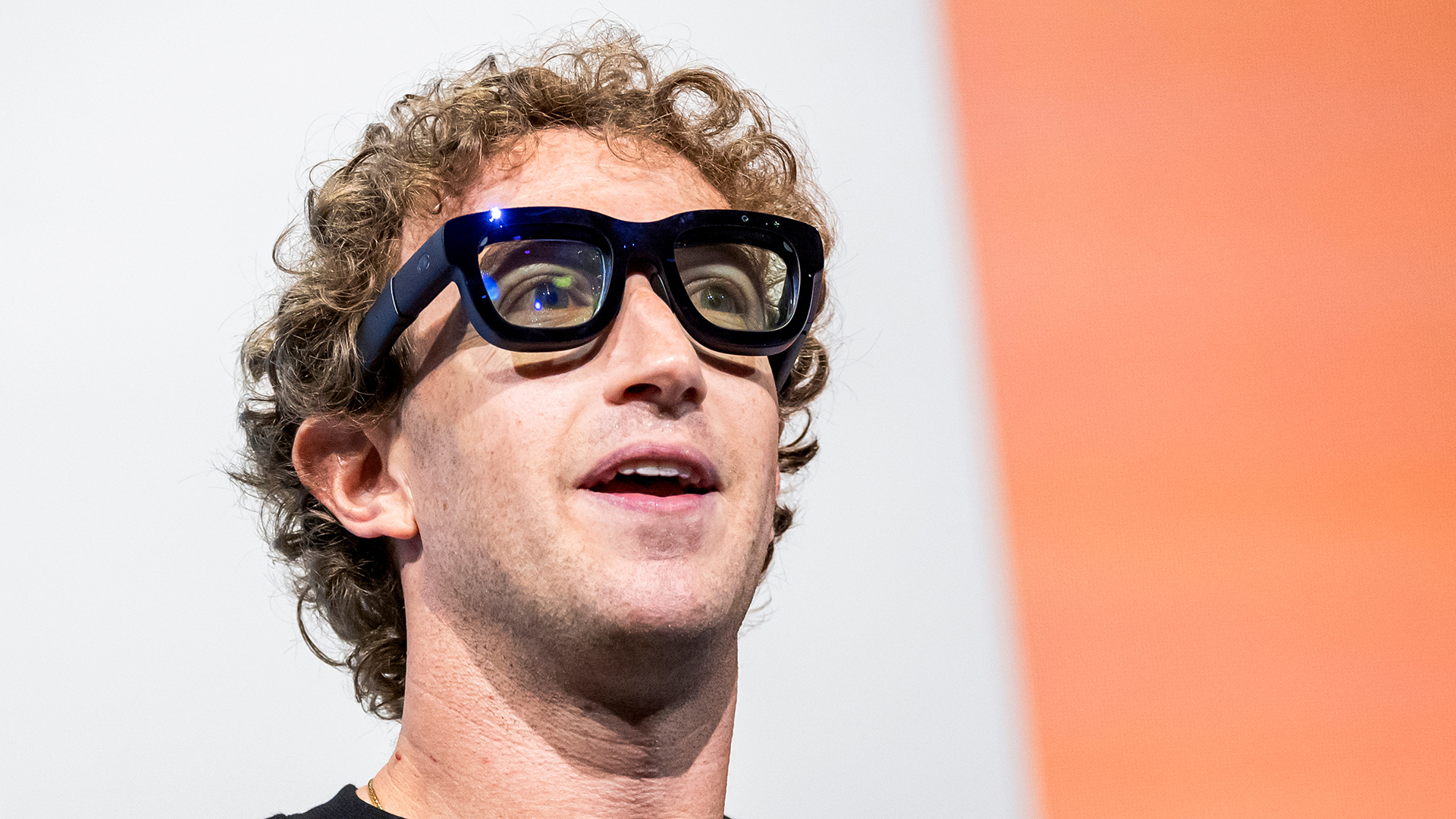Mark Zuckerberg: Tech layoffs in 2024 have been a natural response to pandemic-era overhiring
Overhiring and a prevailing industry approach to becoming “leaner” is driving the latest wave of layoffs


Meta chief executive Mark Zuckerberg believes the wave of layoffs so far in 2024 is largely due to companies seeking a “leaner” workforce in the wake of a pandemic-era hiring boom.
Speaking to the Morning Brew Daily podcast last week, Zuckerberg suggested that many organizations ramped up hiring during the onset of the COVID-19 pandemic in 2020 and continued expanding headcounts during the highs of 2021 - but this has come back to bite many.
“In terms of the layoffs and stuff like that, I actually think that was more due to companies trying to navigate COVID and the pandemic,” he said.
“It was this weird wave, where at first we saw ecommerce go through the roof,” he added. “But it was really hard to predict - is that going to continue? is all this ecommerce just better than physical shopping?
“I think across the economy, a lot of companies overbuilt and then when things went back to pretty close to exactly the way they were before. I think a lot of companies realized they’re not in a good financial place.

“So you have this wave of layoffs that were basically responding to that, but then you also had this generation of companies that knew nothing except growth.”
Discussing layoffs at Meta specifically, Zuckerberg said while the decision to cut staff was difficult, it has delivered significant benefits with regard to revenue and cultivating a workforce that is now leaner and more agile.
Sign up today and you will receive a free copy of our Future Focus 2025 report - the leading guidance on AI, cybersecurity and other IT challenges as per 700+ senior executives
Meta cut thousands of staff between November 2022 and May 2023 during four separate rounds of layoffs. A key factor in the decision to reduce the firm’s headcount was due to economic uncertainty, the tech giant said at the time.
The firm’s metaverse unit, in particular, was hit hard by the layoffs.
AI hasn’t had an impact on layoffs - at least not for Meta
RELATED WHITEPAPER

The question of whether artificial intelligence has been a contributing factor in the recent wave of layoffs has been a recurring question in recent weeks.
A host of firms, including SAP and Cisco, have announced layoffs amid a sharpened focus on generative AI development.
SAP, in particular, revealed that its job cuts would be due to the automation of certain roles. The German software giant isn’t the first to point toward AI and automation as a factor behind cuts over the last year.

BT and IBM both announced workforce reductions due to AI, sparking concerns over a pending wave of AI-fueled layoffs.
In Meta’s case, Zuckerberg suggested the firm hadn’t factored AI into its decision to cut staff, however.
“For us, the AI stuff was not a major driver for that," he said. "It was like first this overbuilding and then this sense of like let's do the best work we can by making a lean company."
2024 has been a year of layoffs so far, and there could be more to come
2024 has been a challenging year so far for workers across the global technology sector, with cuts affecting thousands. While not quite on the scale of 2023 layoffs, the scale of cuts has still cut deep for many.
Figures from Layoffs.fyi show more than 39,000 staff have been cut across January and February so far - and more could be expected as the year continues.
In January, Google CEO Sundar Pichai warned staff at the tech giant to expect more job losses amid a similar focus on streamlining operations and reducing headcount.

Ross Kelly is ITPro's News & Analysis Editor, responsible for leading the brand's news output and in-depth reporting on the latest stories from across the business technology landscape. Ross was previously a Staff Writer, during which time he developed a keen interest in cyber security, business leadership, and emerging technologies.
He graduated from Edinburgh Napier University in 2016 with a BA (Hons) in Journalism, and joined ITPro in 2022 after four years working in technology conference research.
For news pitches, you can contact Ross at ross.kelly@futurenet.com, or on Twitter and LinkedIn.
-
 What is Microsoft Maia?
What is Microsoft Maia?Explainer Microsoft's in-house chip is planned to a core aspect of Microsoft Copilot and future Azure AI offerings
-
 If Satya Nadella wants us to take AI seriously, let’s forget about mass adoption and start with a return on investment for those already using it
If Satya Nadella wants us to take AI seriously, let’s forget about mass adoption and start with a return on investment for those already using itOpinion If Satya Nadella wants us to take AI seriously, let's start with ROI for businesses
-
 Microsoft’s huge AI spending still has investors sweating despite solid cloud growth
Microsoft’s huge AI spending still has investors sweating despite solid cloud growthNews Capital spending at Microsoft continues to surge, despite previous claims it would cool down
-
 Cisco promises AI training for a million Americans
Cisco promises AI training for a million AmericansNews The company joins Amazon, Google, and Microsoft in support of the government's Pledge to America's Youth – Investing in AI Education
-
 Software engineers among hardest hit in latest Cisco layoffs
Software engineers among hardest hit in latest Cisco layoffsNews A significant portion of job cuts affect staff in software engineering roles, documents show.
-
 Why is Meta still funding the metaverse?
Why is Meta still funding the metaverse?Analysis VR hype seemed to evaporate as fast as it arrived. Has the money Meta has sunk into it folly, or part of a larger strategy that's yet to bear fruit?
-
 Meta isn’t playing ball with the EU on the AI Act
Meta isn’t playing ball with the EU on the AI ActNews Europe is 'heading down the wrong path on AI', according to Meta, with the company accusing the EU of overreach
-
 Apple, Meta hit back at EU after landmark DMA fines
Apple, Meta hit back at EU after landmark DMA finesNews The European Commission has issued its first penalties under the EU Digital Markets Act (DMA), fining Apple €500 million and Meta €200m.
-
 Cisco names Oliver Tuszik as global sales chief
Cisco names Oliver Tuszik as global sales chiefNews Cisco has announced the appointment of Oliver Tuszik as its new executive vice president of global sales, who replaces Gary Steele.
-
 Cisco wants to train 1.5 million Europeans in digital skills
Cisco wants to train 1.5 million Europeans in digital skillsNews Cisco has unveiled plans to provide free training to 1.5 million people across the EU as part of a major digital skills drive.